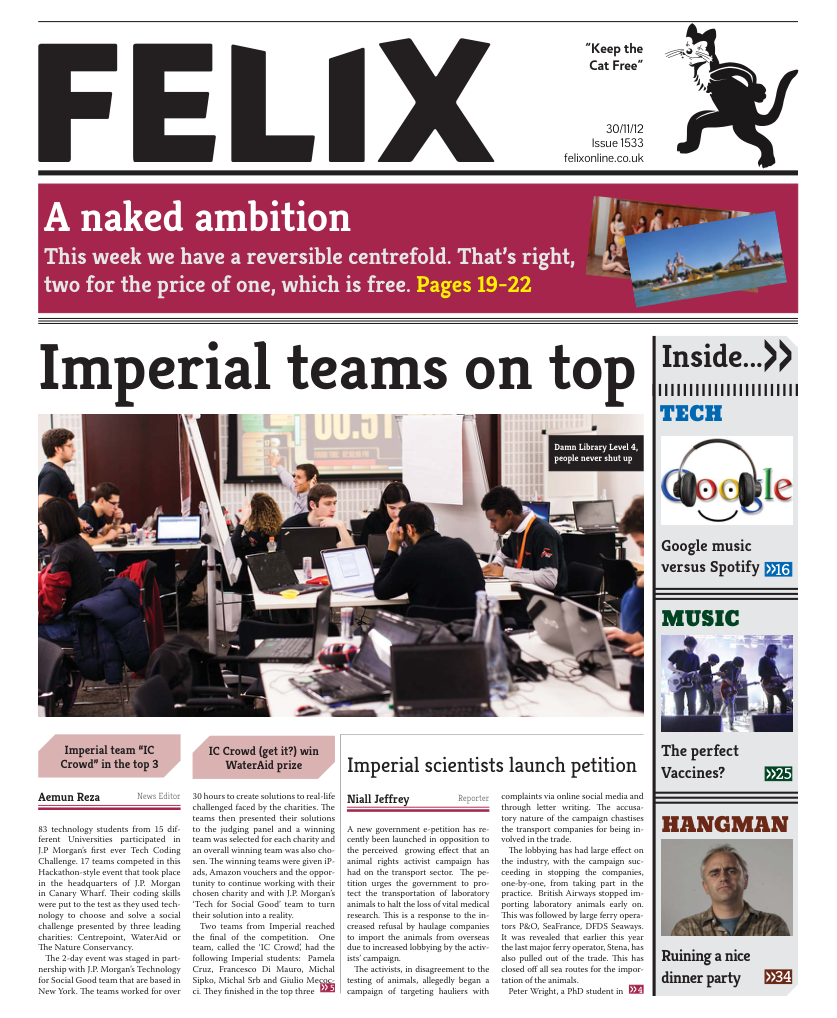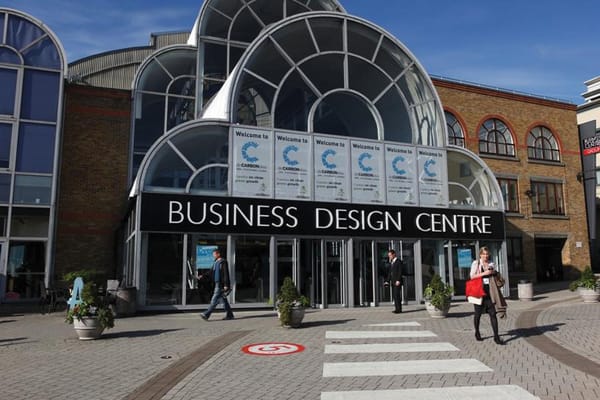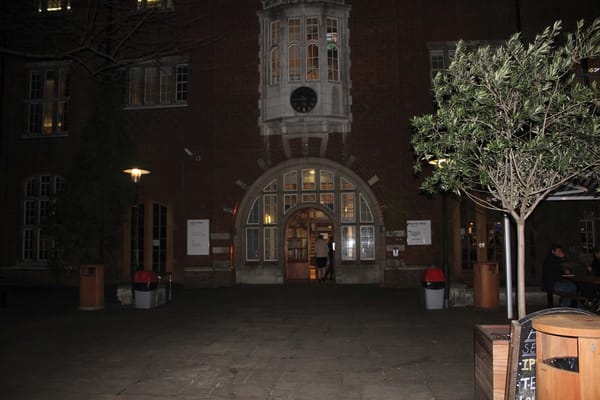Just the right Climate
James Beioley reviews the London Climate Forum
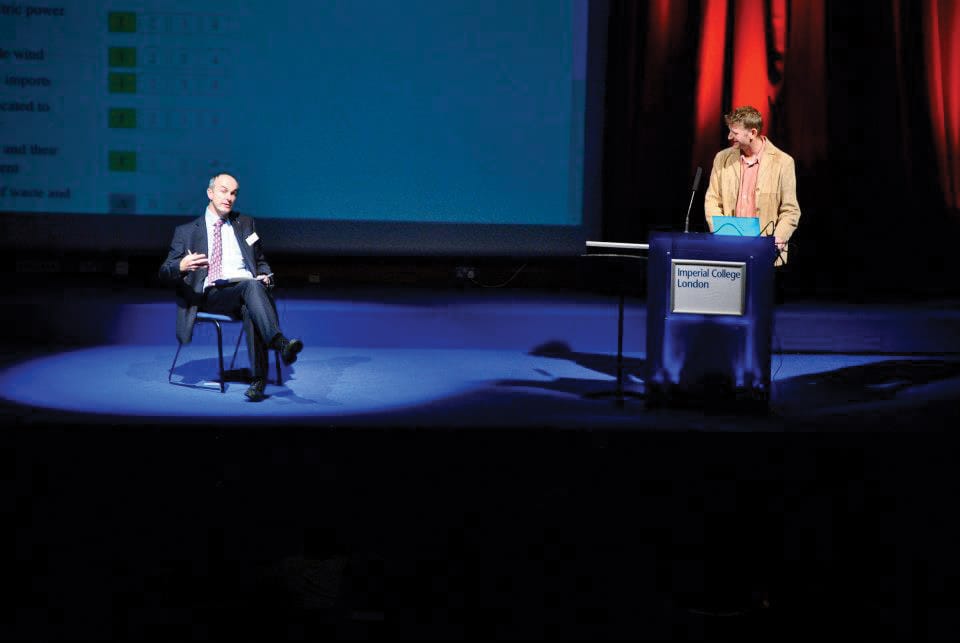
The London Climate Forum, in short, is a fascinating and cutting-edge forum which anybody interested in climate change and sustainability, and even those who aren’t, should endeavour to get involved with.
For those not clued up on this project, let me provide a brief summary. The London Climate Forum is an entirely student-led conference based within Imperial College, and is the biggest in London, and quite possibly the country. It runs over just Saturday and Sunday, but offers up some serious clout with its multiple leading thinkers in the world of sustainability, all of whom grasp the opportunity to reach out to the new generation of green ‘ecowarriors’ in an attempt to inspire the next big thing(s).
The Forum’s goal? To speak directly to those who are on the frontier of the climate agenda whilst entertaining the chance that the solutions we desperately seek may be nurtured within its walls. It’s a modest goal to say the least… and one which was in full swing this weekend as the Forum was expertly carried out. This is just some of those insightful talks which scratched the surface of our sustainable future.
Day One
The first day was mostly focused on the present; what the current climate is doing, why it is doing this, what we are currently (mostly not) doing to mitigate it, and how business is adapting. Two eminent and, I’m sure they wouldn’t mind me saying this, highly outspoken campaigners filled the morning, in the form of Tony Juniper and Tom Burke, the latter part of a panel trio who, combined with the Director of our very own Grantham Institute, painted a rather desperate picture of a story we all have unfortunately come to know intimately.
The world is warming, we’re responsible, 6 degrees C is looking increasingly likely, and, all in all, politicians and society are doing sweet FA to even try fixing it, despite science’s wild flapping of arms and screaming in their collective faces. Trewin Restorick, CEO of the Global Action Plan and the third speaker of the trio bittersweetly delivered this when he stated how obviously blind the UK government is to be ignoring PWC, a company he sarcastically described as “known for its eco-radical behaviour”. That got some educated laughs.
The world is warming, we’re responsible, 6oC is looking increasingly likely, and, all in all, politicians and society are doing sweet FA to even try fixing it
The Trillion Fund was next on the agenda, with Michael Stein, Founder and Director taking the stage, with exuberance and clear passion. Crowd-funding is his game and he knows what he’s doing when it comes to money in the renewable sphere. He set the scene with a succinct analysis of the recent Arab Spring motion: “Has anybody made the connection with climate change and the Arab Spring? I have – it’s the first climate revolution” was his punchline piece, detailing how burnt-out Russian crops leading to rising food prices had more than likely been the trigger for the pouring over of a boiling pot of repression in the Middle East.
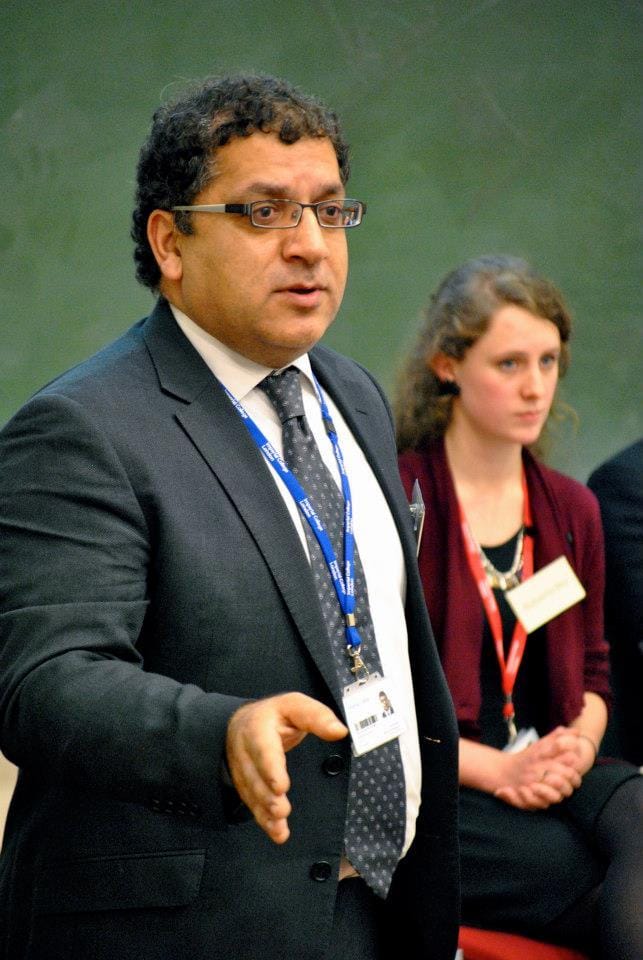
Michael sees the value in our online connected world, and has begun utilising it to kickstart renewable projects worldwide, with the investing public not only receiving sizable, and more importantly reliable, returns (10-15% was oft-quoted) but having the knowledge they had directly helped build a wind turbine or solar farm somewhere it is needed; think ‘Kickstarter’ but with a renewable twist.
Trewin Restorick, CEO of the Global Action Plan and the third speaker of the trio bittersweetly delivered this when he stated how obviously blind the UK government is to be ignoring PWC, a company he sarcastically described as “known for its eco-radical behaviour”
Mark Lynas, the infamously controversial but brilliant author of multiple climate-related books and Guardian columns combined his views with the deep technical knowledge of Prof. David MacKay of Cambridge, author of Sustainable Energy: Without the Hot Air, a book I urge everybody to read, to produce what was a hysterical but adeptanalysis of our future UK energy mix. Using DECC’s innovative energy calculator, the two plugged in various parameters determining how many solar panels here and how many EVs there (amongst 40 other options), with the audience as an opinion poll, in their attempts to bring 2050 emissions levels to 80% of 1990 records, the ‘safe’ zone.
They ran over, and we barely got it finished, but the hilarity which ensued from Mark’s quick and clever comments and the astounding ambient knowledge of David provided a spectacle I, and I believe many others, could have watched for hours. It would seem the only thing that went truly wrong was the choice not to include any nuclear in the future mix, an apparent audience decision which shocked me and multiple others. “Dear God. Why did I allow it?” Mark later tweeted to me, a sentiment I wholeheartedly agree with.
Day Two
Sunday was a day where futurists and ‘blue-sky’ thinkers could relish in their study of trends and solutions for the coming 30 years, a day for ‘what happens next’.
The morning keynote set the scene, as James Cameron (not that one), Founder and non-executive Chairman of Climate Change Capital, member of GE’s ecomagination board, advisor to government and so much more opened with some powerfully simple notions. Sustainability is only going to work if it is beautiful – “nobody ever feels punished standing in a green and energy-efficient building”. His follow up point – green looks good the majority of the time, even if you subscribe to the belief that wind turbines are ugly, and we feel good being around them. It’s an undeniable truth, and not something just reserved for the techy geeks.
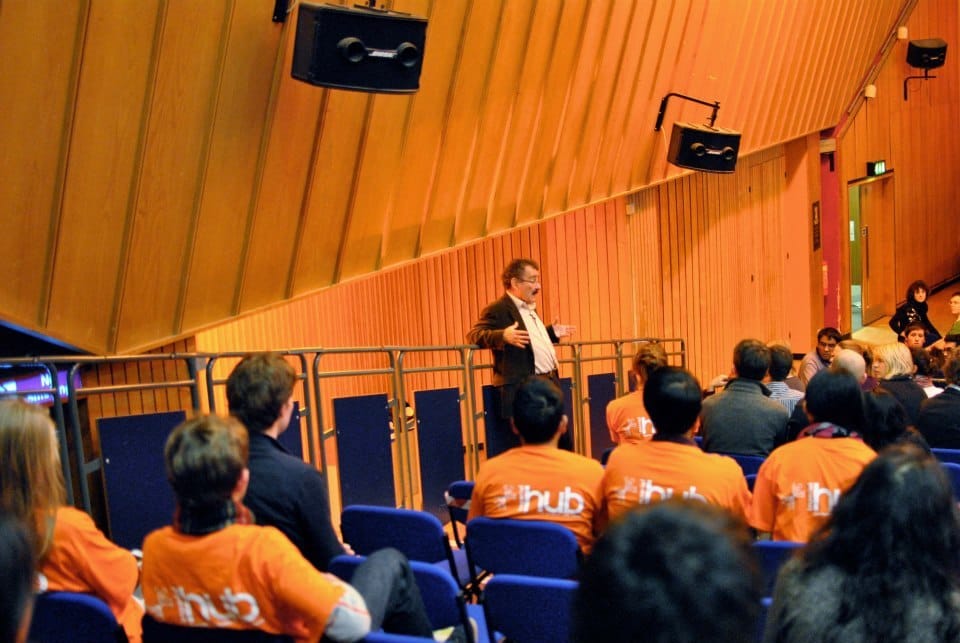
Innovation, infrastructure and information were his three key in-need-of-improvement areas, all of them arising from his work within the UK, but undoubtedly applicable many times over elsewhere. Our infrastructure sucks, there’s no two ways of saying it, but if we smarten it up in the endless ways we could, we could become a leader in green energy worldwide, almost overnight.
Right now, though, business regulations just aren’t setup to accommodate new players in the market, those that bring innovation to the table and undermine the outdated and bullish ‘Big Six’. If we can let go of this thinking, who knows what fantastic new developments could become the norm. It’s fairly common to hear that the UK has no real manufacturing base anymore, that we effectively make nothing with a British stamp on it, but James argues differently. He picked up on the automotive industry, our passion for Formula 1, and our immense technical prowess in the materials sector. By combining these powerhouses of business in new and sustainable ways, with those young fresh-faced ideas behind it, the idea of the UK being dead in the water on green issues is all but blown away.
Right now, though, business regulations just aren’t setup to accommodate new players in the market, those that bring innovation to the table and undermine the outdated and bullish ‘Big Six'
Anne Lise Kjaer went on to describe our disconnection with improving our quality of living and instead focusing on more more more, whilst a talk on sustainable city planning explained how green our 2012 Olympics really set out to be (and subsequently were). Contaminated land was rejuvenated, ecologies sustained and innovative new building techniques such as removable seating ‘wings’ on the Swimming Centre were employed, all within a surprisingly tight budget. One structure went as far as being deconstructed and shipped to Rio for the next Olympics in a masterclass of recycling I personally have never seen before.
As the final day drew to a close, Jeremy Leggett, Professor Nigel Brandon and Dr Ling Ge tackled the future of energy mixes and the technology we could see directing us on a cleaner path, such as space-age battery storage, Solar Century PV projects and hydrogen deployment, as well as the broader cost and social complications associated.
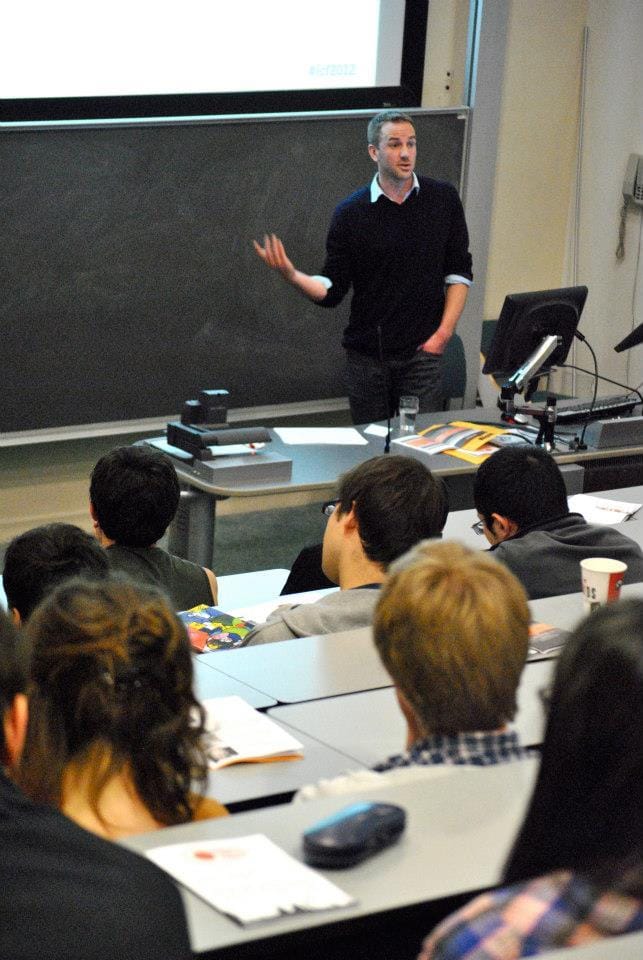
“You can ask any engineer to design you a low-carbon energy system and they could do it today without issue; it’s just the cost which stops us” was Nigel’s message to us all, and one that strikes at the very heart of the problem. However, it wasn’t left at that, and as any good climate panel should it was argued fervently by Jeremy that it is the social and political willingness which is truly acting as the final nail. We need more guts, more action and more aggressive approaches if we are to bulldoze down the barriers in our way.
Oh, and Jeremy also compared what Osborne and his Treasury are doing right now in their blind love for shale gas as tantamount to treason... I am in some ways inclined to agree.
To round it all off, our resident Professor Lord Robert Winston brought a measure of class unlike any other, and proceeded to highlight how we must be cautious of progress if we are to fully grasp its achievements and drive our society forwards. He left us with a sense of there coming a journey ahead, which will be simultaneously challenging, depressing, at times catastrophic, but all the while rewarding, a journey of which those fully invested in the notion of climate change are the pioneers striving onwards. It’s a feeling sorely missing in much of the worldly debate, and one we as a society desperately require.

